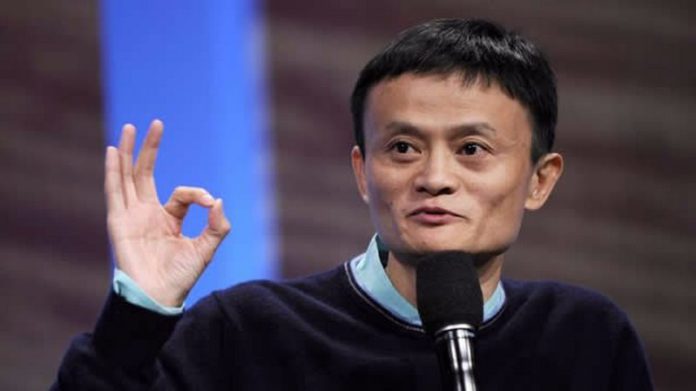The dynasties behind Reliance, Samsung and Suntory are among the region’s wealthiest. Hong Kong clans make up 30% of the list.
Mukesh Ambani’s late father, who started the family’s business empire with $100, used to tell his son that he didn’t know what it was like to be poor.
For the Ambanis, whose palatial home towers over Mumbai and is one of the world’s most expensive private residences, that has never been truer. They are Asia’s richest family, with a $50 billion fortune.
The region’s 20 wealthiest clans are now worth more than $450 billion combined, underscoring how the world’s economic growth engine is minting fortunes on an unprecedented scale. Not surprisingly, some of the places spawning these riches are facing widening inequality. Hong Kong, which gave rise to six of the biggest family fortunes, has one of the widest wealth gaps. The street protests that have engulfed the city for months were sparked by fears of eroding freedoms under China but fueled by the divide between the rich and those who struggle to afford housing.
Bloomberg’s categorization of family wealth excludes first-generation fortunes such as that of Alibaba Group Holding Ltd.’s Jack Ma, as well as those in the hands of a single heir. That means no families from mainland China make the list, reflecting the country’s relatively recent surge in affluence. President Xi Jinping’s campaign against extravagance has brought down some of the super-rich who were rising a few years ago. Still, many of Asia’s wealthiest clans have Chinese roots, from the Chearavanonts of Thailand to the Hartonos of Indonesia.
Other trends stand out. Real estate is one; most families on the list derive the bulk of their fortunes from property development or have holdings worth billions.
Asia’s wealthiest also embody the proverb “Rich is the man with no debts.” For the most part, they avoided the credit squeezes of the past few years that ensnared some of their peers, especially in India and China, where tycoons liberally pledge shares in exchange for loans. Bloomberg’s family ranking accounts for such liabilities.
Even as Asia’s dynasties prepare to transfer wealth to the next generation, popular concerns over income inequality in the region are more subdued than in the West, where Thomas Piketty’s “Capital in the 21st Century” and U.S. Senator Elizabeth Warren’s proposed wealth tax have focused attention on the issue.
Hong Kong, India and Singapore—the setting for the unapologetic blockbuster “Crazy Rich Asians”—have all abolished taxes on wealth or inheritance in recent years. “Asia’s lack of a debate on taxing wealth is as strange as it is harmful,” said Donald Low, a professor at Hong Kong University of Science & Technology, one of the region’s rare wealth-tax advocates.
Of course, the mood could change if the budding backlash against Hong Kong’s tycoon-dominated economy intensifies. But for now, Asia’s richest families are riding high.
Source: Bloomberg

